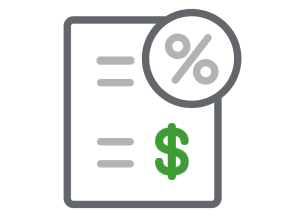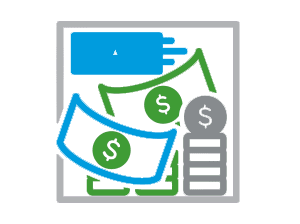Superannuation Services
RSM provides individuals, accountants, and other advisers with practical and hands-on superannuation advice.
What is superannuation?
Superannuation is a tax-advantaged program to help you accumulate wealth in your working years so you have money to live off when you retire.
Your superannuation money is held in a super fund. Generally, you can only access the money once you satisfy a condition of release.
Examples of conditions of release that are most regularly utilised are:
- Retiring permanently from gainful employment upon having reached preservation age and;
- Reaching age 65
![]()
![]()
Common questions about Superannuation
During your working life, money is deposited into your super account by your employer.
Under current legislation, employers are required to contribute 10.5% of an employee’s salary. These contributions have a flat tax rate of 15% - which in most cases is less than an individual’s personal marginal tax rate.
What super fund options are available?
There are many superannuation funds to choose from in Australia.
When you start a new job, your employer can create an account for you with their chosen super fund. Or, you can give them the account details for a super fund of your choice.
You may also set up a self-managed super fund (SMSF) instead. This is a private super fund that operates as a trust, with you as the trustee and member. You can also have other members join, such as family, and contributions are paid into the SMSF’s bank account.
Once you have money in your fund, it needs to be invested to help you generate a return. Each type of investment carries its own potential risks and rewards and the investment portfolio you select will impact how much money you end up with when you reach retirement.
Self-Managed Super Fund (SMSF) services at RSM
Are you looking for our self-managed super fund (SMSF) service page?
SMSFs are an appealing option for business owners and individuals who want to control their superannuation assets.
From 1 July 2022 the superannuation guarantee rate increased to 10.5%. This is an increase of 0.5%.
The super rate is due to increase a further 0.5% each year until it reaches 12% in 2025. These increases have been legislated by the Australian Government.
If you’re an employee, and aged 18 or over then you’re generally eligible to receive SG super contributions. If you’re under 18 you must also work more than 30 hours per week to be entitled to SG contributions. If you’re a contractor you may also be eligible depending on whether you’re considered an employer for super purposes.
Are you looking for our self-managed super fund (SMSF) service page?
SMSFs are an appealing option for business owners and individuals who want to control their superannuation assets.
Superannuation Financial Services
Get in touch with our Superannuation experts

Why Choose RSM?
- Expert Guidance: Leverage our team’s deep expertise to navigate superannuation complexities and enhance your retirement planning.
- Personalised Solutions: Receive personalised superannuation solutions designed to meet your unique financial needs and retirement goals.
- Holistic Approach: Our comprehensive approach ensures every aspect of your superannuation is expertly managed for optimal results.
ABOUT RSM
100+ years in Australia
30+ offices across Australia
Client choice award winner




















